Parliamentary Group : Statutory Democratic Functions
- Par Eulalia AMABO
- 23 Mar 2023 12:24
- 0 Likes
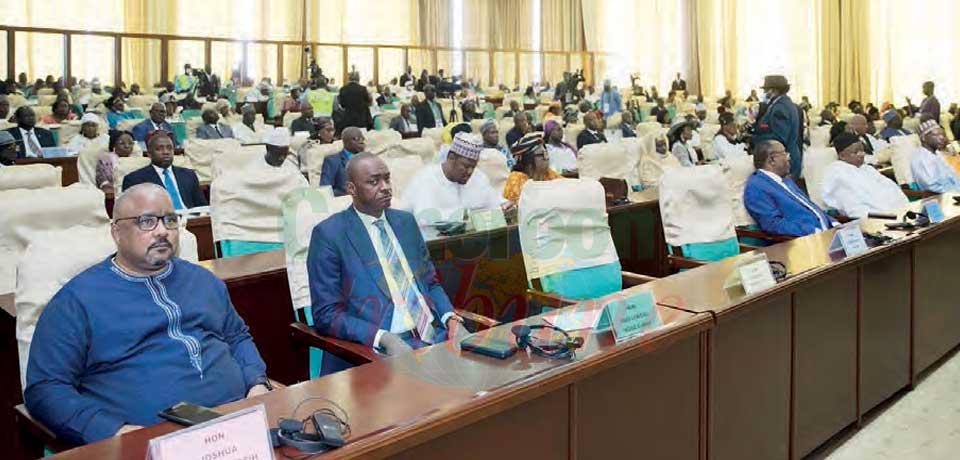
The Chief Whip of the group speaks on behalf of the party at the National Assembly.
Benchmarks for parliamentary democracy warrant the putting in place of a parliamentary group at the National Assembly and Senate for a political party that meets the criteria. In Cameroon, for a political party to have a parliamentary group, the said political party should have at least 15 lawmakers in the House. In the current legislature, just the Cameroon People’s Democratic Movement (CPDM) has a parliamentary group. The Social Democratic Front (SDF) had in the last legislature, making the National Assembly to have two parliamentary groups. Every political party that has a parliamentary group has an office at the National Assembly where work related to the activities of the party are done.
In essence, the parliamentary group is led by an executive which has at the head a Chief Whip. There is also a Deputy Chief Whip and a Clerk (Secretary) of the group. The Chief Whip of the group speaks on behalf of the party at the law making House. The leader also carries out advocacy for the party. During the election of the bureau of the National Assembly, just like in the Senate, it is the Chief Whip of the parliamentary group that announces the name of designated candidates to run for positions. The group leader, going by the standing orders of the House, also has the right to carry out campaigns for their candidate. This explains why during the election of a permanent bureau at the National Assembly and Senate during the March session of Parliament, it is the Chief Whip of the parliamentary group that takes to the rostrum to read the names of candidates for various positions; starting with the Speaker to the Senior Vice Spe...
Cet article complet est réservé aux abonnés
Déjà abonné ? Identifiez-vous >
Accédez en illimité à Cameroon Tribune Digital à partir de 26250 FCFA
Je M'abonne1 minute suffit pour vous abonner à Cameroon Tribune Digital !
- Votre numéro spécial cameroon-tribune en version numérique
- Des encarts
- Des appels d'offres exclusives
- D'avant-première (accès 24h avant la publication)
- Des éditions consultables sur tous supports (smartphone, tablettes, PC)






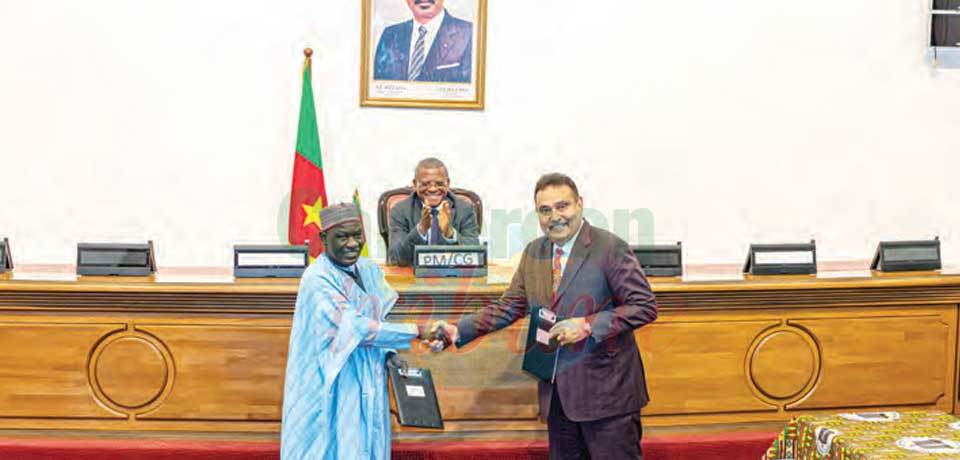
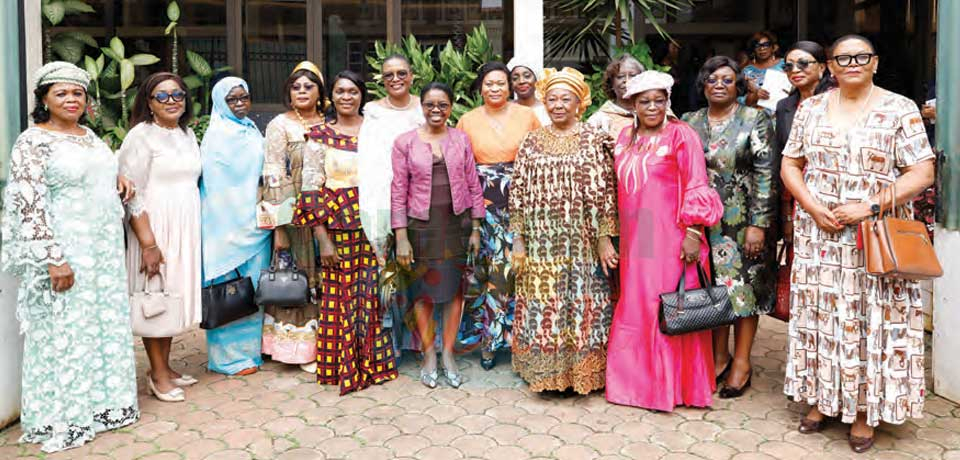
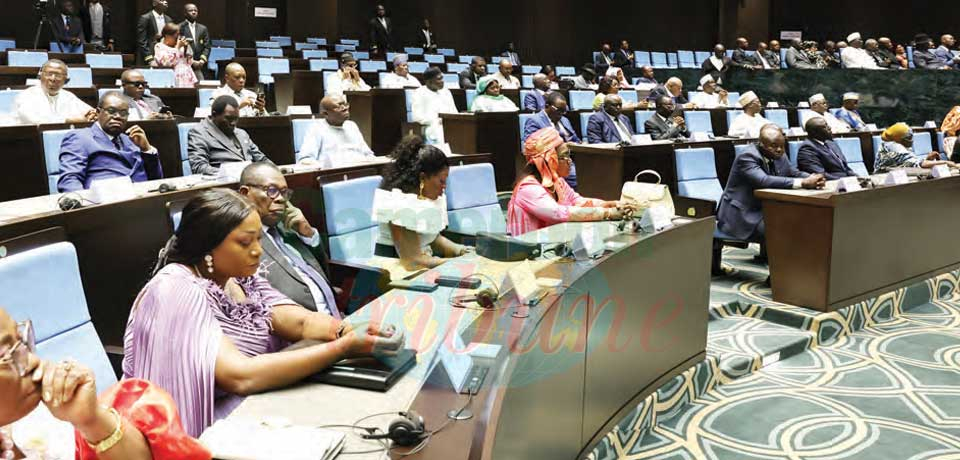
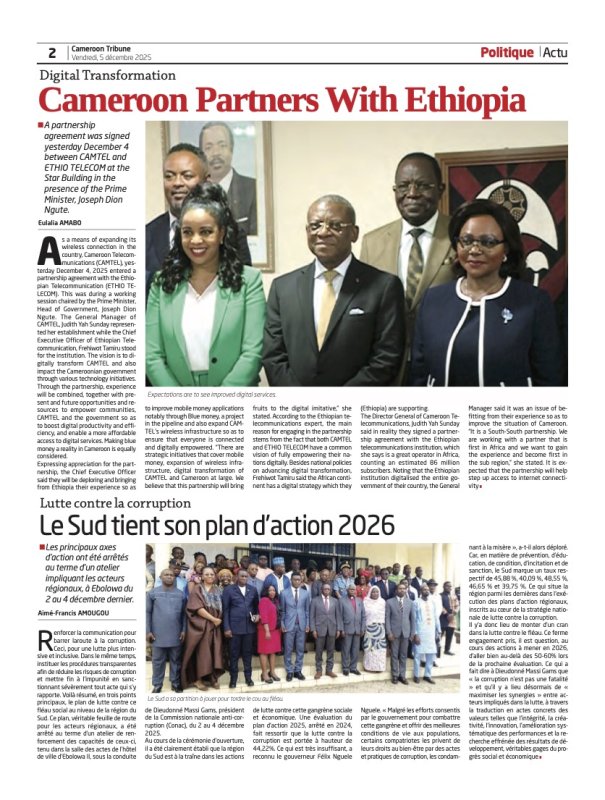




Commentaires